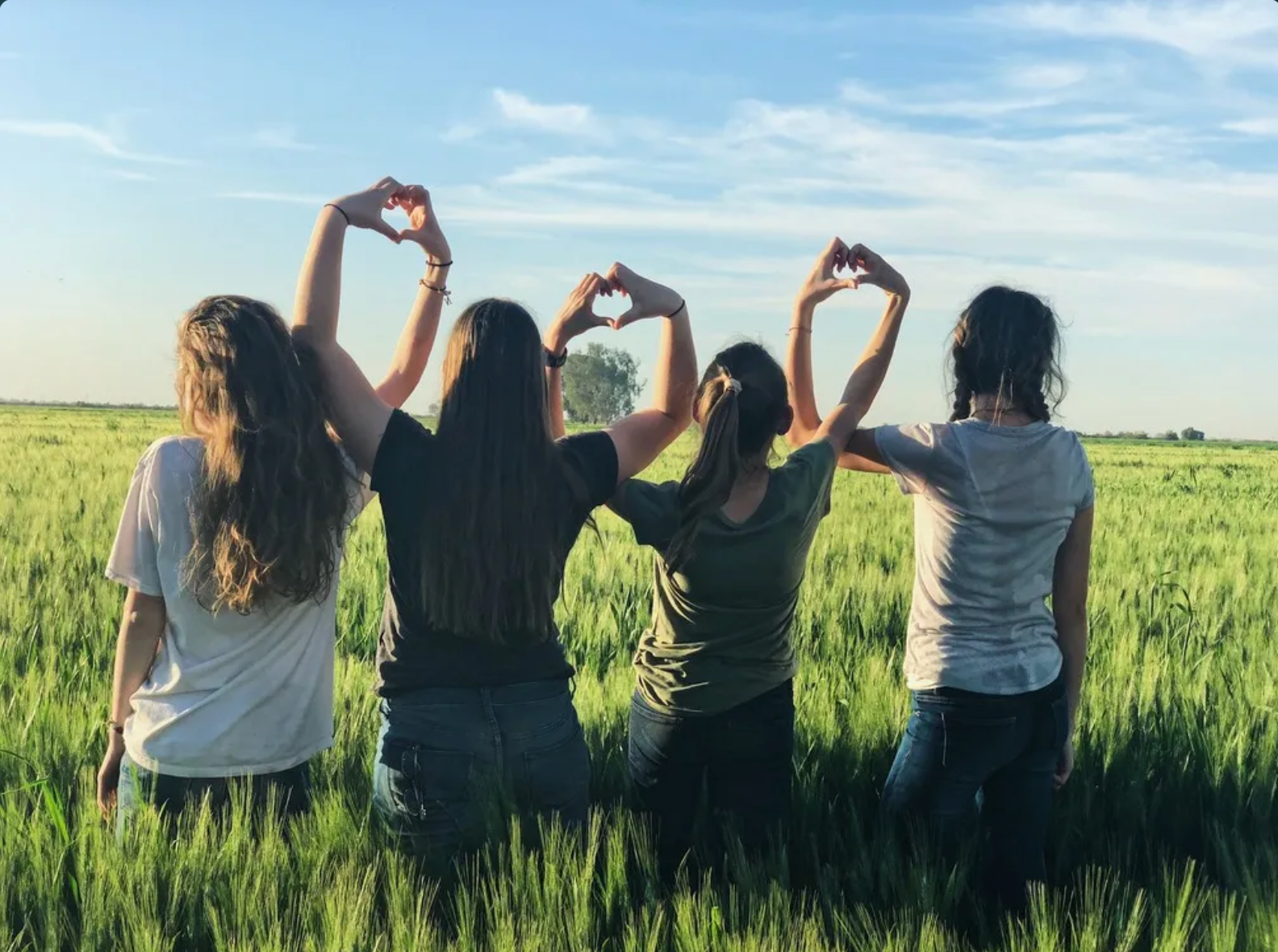The Power of Connection — Why Relationships Matter for Well-Being
Human beings are inherently social. We’re wired for connection, and our relationships play a central role in shaping a healthy, meaningful life. Whether it’s deep friendships, close family bonds, or community involvement, meaningful connections support every aspect of our well-being.
“Connection is why we’re here. It gives purpose and meaning to our lives.” — Brené Brown
Let’s explore why social connections matter and how you can cultivate more of them in your everyday life.
Why Social Bonds Are Essential to Well-Being
Emotional Support
Close relationships provide a sense of safety, helping us manage stress, navigate emotional struggles, and feel understood. Knowing that someone truly listens and cares reduces loneliness and builds resilience.
Cognitive and Personal Growth
Interacting with others helps us learn, grow, and adapt. From childhood through adulthood, relationships sharpen our thinking, develop empathy, and expand our perspectives.
Physical Health Benefits
Strong social ties are linked to better health outcomes, including improved immune function, lower blood pressure, faster recovery from illness, and even increased longevity.
Motivation and Purpose
When we feel connected, we’re more likely to set goals, pursue dreams, and remain optimistic. People who believe they matter to others often have a stronger sense of drive and direction.
A Sense of Belonging
Feeling like you’re part of something larger than yourself—whether a family, a team, or a community—provides a deep sense of identity and emotional grounding.
Finding Your Circle: How to Build Meaningful Connections
If you’re still searching for your community, know that building new relationships is possible at any age or stage. It starts with intention and openness.
Explore Your Interests
Start with what excites you. Join a class, club, or group that aligns with your hobbies, passions, or creative pursuits.
Clarify Your Values
Think about the qualities that matter most to you in relationships—trust, kindness, honesty—and seek people and communities that reflect those values.
Attend Events or Local Gatherings
Workshops, group fitness, spiritual services, or community meetups are great ways to meet new people naturally.
Engage Online with Purpose
If in-person options are limited, online groups and communities can provide meaningful connection, especially when focused around shared interests or goals.
Volunteer
Helping others not only benefits your community—it introduces you to like-minded people who care about the same causes.
Stay Open to Possibility
Connections can form in unexpected ways. A new neighbor, a colleague, or someone you meet while traveling might become an important part of your support system.
Reaching Out for Support When You Need It
Everyone needs help from time to time. Reaching out doesn’t mean you’re weak—it means you’re human.
Here’s how to seek support effectively:
Choose someone you trust who will listen with compassion.
Be clear about what you’re feeling and the kind of support you need—whether it’s advice, a listening ear, or simply time together.
Use “I” statements to express yourself honestly and openly, such as “I’ve been feeling overwhelmed” or “I just need someone to talk to.”
Be receptive to their response, even if it’s different than expected. The act of sharing itself is often healing.
Remember, people in your life often want to help—you just have to let them know how.
If You’re in Canada and Need Immediate Support
Here are some resources available to you:
Talk Suicide Canada: 1-833-456-4566
Local Distress Centres: Search online by your city for 24/7 support lines
Canada’s 211 Service: Dial 2-1-1 for access to community and social services
Why Connection Is a Wellness Tool
Strong social ties do more than make life enjoyable—they actively promote health. Research consistently shows that people with strong support systems experience:
Lower stress and inflammation
Reduced risk of heart disease and other chronic conditions
Better sleep and immune function
Improved emotional regulation and resilience
Greater happiness and life satisfaction
Isolation, on the other hand, is linked to increased risks of depression, anxiety, and physical illness. Simply put, connection is a cornerstone of holistic wellness.
Final Thought: Relationships Are the Foundation of a Healthy Life
In a culture that often values independence and productivity, it’s easy to underestimate the healing power of human connection. But nurturing your relationships—old and new—is one of the most impactful things you can do for your overall well-being.
Whether it’s reaching out to a friend, joining a local group, or opening yourself to new experiences, each step you take toward connection is a step toward a healthier, more fulfilling life.
“We rise by lifting others.” — Robert Ingersoll
You don’t have to do life alone. Your community—whether big or small, near or far—can be your greatest source of strength and joy.

